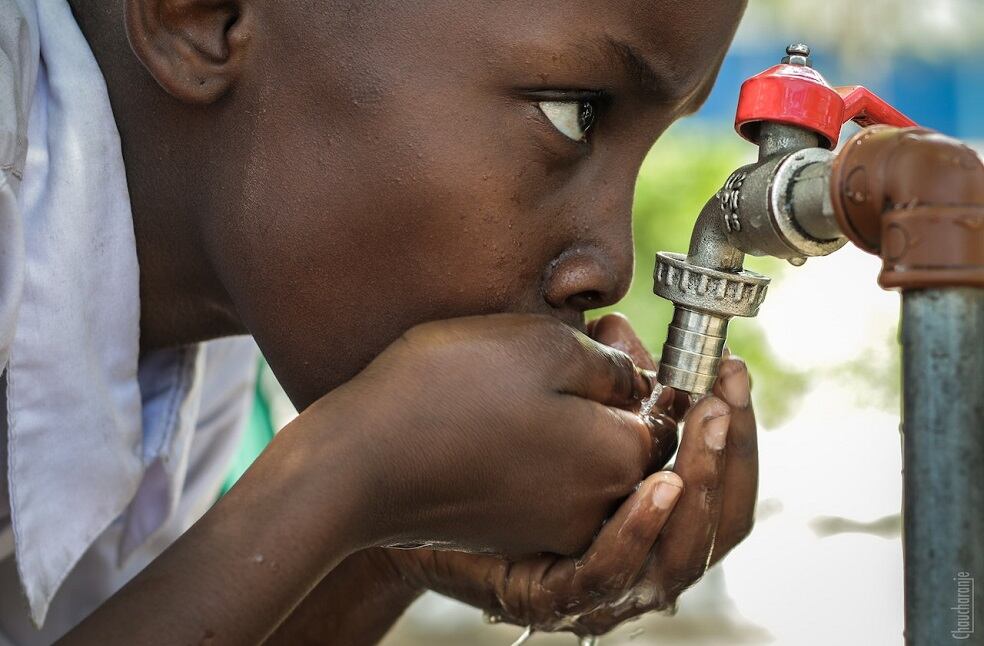South Africa: A new study has found that the swimming pools, well-watered gardens, and clean cars of the rich are driving water crises in cities at least as much as the climate emergency or population growth.
According to the researchers, the vast difference in water use between rich and poor citizens had been largely overlooked in seeking solutions to water shortages, with the focus instead on attempts to increase supply and higher prices for water. The researchers suggest that the only way to protect water supplies is by redistributing water resources more equally.
The study used Cape Town, South Africa, as a case study and found the richest people used 50 times more water than the poorest. When the Day Zero water crisis struck the city in 2018, after several years of drought, the poorest were left without enough water for their basic needs.

Since 2000, more than 80 big cities have experienced extreme drought and water shortages, including Miami, Melbourne, London, Barcelona, São Paulo, Beijing, Bengaluru, and Harare.
Prof. Hannah Cloke, at the University of Reading, UK, and co-author of the new study, observed that “climate change and population growth mean that water is becoming a more precious resource in big cities, but we have shown that social inequality is the biggest problem for poorer people getting access to water for their everyday needs.”
The study, published in the journal Nature Sustainability, found the richest group, 14 percent of the city’s population, used 51 percent of the water consumed in the city. In contrast, the poorest group, representing 62 percent of the population, used just 27 percent of the water. Most of the water used by the richest group was for non-basic needs.

Changes in water use by the richest group had a bigger impact on overall water availability than changes in population or droughts related to the climate crisis. The researchers further remarked that increased use of private boreholes in times of shortage by the richest citizens substantially depleted groundwater resources.
Prof. Mariana Mazzucato, at University College London, UK, and a lead author of the report from the Global Commission on the Economics of Water, commented that “we need a much more proactive, and ambitious, common good approach [to the water crisis]. We have to put justice and equity at the centre of this, it’s not just a technological or finance problem.”



